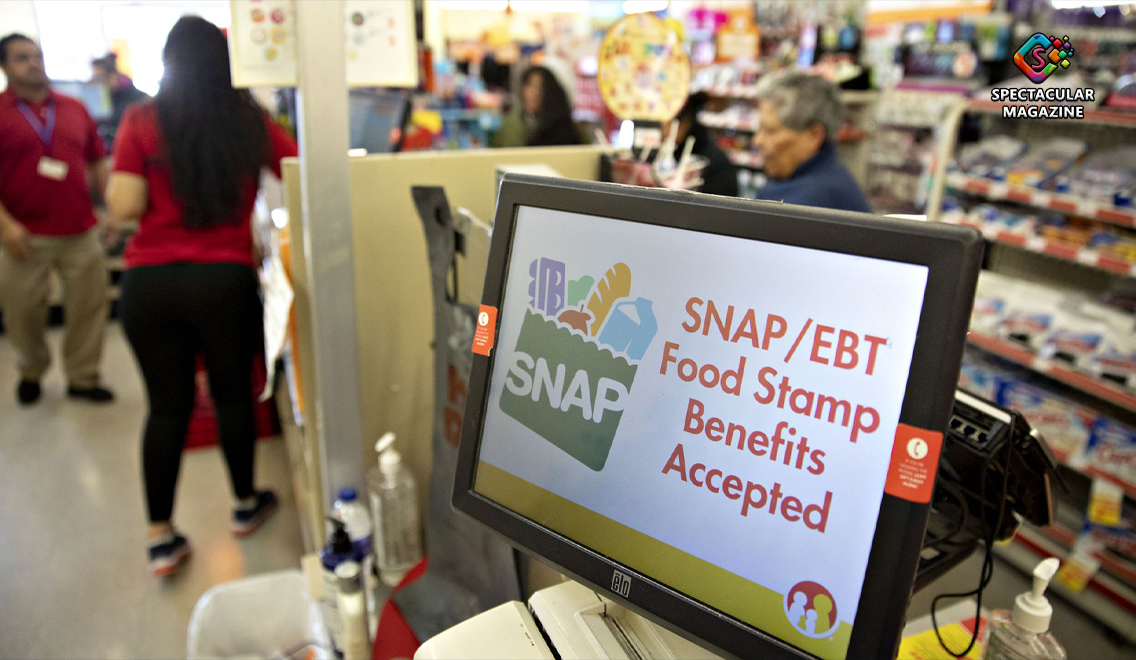Federal Food Assistance Funds Being Cut, Residents Urged to Review & Renew Benefits
Changes are coming for those receiving food and nutrition benefits or Medicaid throughout the pandemic.
Households that receive Food and Nutrition Service (FNS) benefits will see a reduction in monthly payments beginning today, March 1, as the COVID-19 emergency allotments come to an end. The extra funds known as emergency SNAP (Supplemental Nutrition Assistance Program) payments are often referred to as food stamps.
These changes also come at the same time that Medicaid beneficiaries will need to begin to renew their benefits for the first time since 2020.
Food and Nutrition Benefits Ending
As part of the COVID-19 public health emergency, families enrolled in the FNS program have been receiving at least $95 additional funds per month since March 2020. With the end of emergency allocations, the average FNS benefit per person will decrease from $8.12 per day to $5.45 per day.
Residents will receive their updated, regular monthly benefit amounts through the state beginning this month based on their current eligibility, income, household size, and other federal requirements. Recipients can view their FNS benefit amount online anytime at ebtedge.com and learn how their payments will change.
The North Carolina Department of Health and Human Services (NCDHHS) is encouraging families to keep their FNS information up to date to ensure they receive the most financial assistance they are eligible for. Those in need of additional food assistance can find help at ncdhhs.gov/foodresources.
Medicaid Renewals
Due to a change at the federal level, the North Carolina Department of Health and Human Services will begin Medicaid beneficiary recertifications that could result in coverage termination or a reduction in benefits. The recertification process is called the Medicaid continuous coverage unwinding and it will begin on April 1, 2023. Since March 2020, under the COVID-19 Public Health Emergency, states have been required to maintain enrollment of nearly all Medicaid beneficiaries and their level of coverage to ensure they continued to receive health care and services through Medicaid during the pandemic regardless of changes in eligibility status. This continuous coverage requirement will end on March 31, 2023.
People with Medicaid who were already enrolled or newly enrolled during the continuous coverage period have continued to receive the same level of benefit coverage since March 2020. The state’s goal is to ensure people who remain eligible for Medicaid continue to be covered and those who are no longer eligible know their potential options, such as buying coverage, often at a reduced cost, through the federal Health Insurance Marketplace.
As recertifications take place over the next 12 months, up to 300,000 North Carolinians may lose full healthcare coverage or see a reduction in benefits. Most Medicaid terminations or reductions could begin as early as July 1, 2023, although some could lose coverage as early as May 1, 2023.
NC Medicaid has been working with county Departments of Social Services and other partners to reach as many of its 2.9 million beneficiaries as possible to explain what they can expect and their potential options to obtain health benefits. Beneficiaries will be notified by mail, email, and other forms of communication during this recertification period. NC Medicaid will also hold webinars and post updates on social media, among other measures to increase awareness.
To continue Medicaid healthcare coverage, beneficiaries will work with their county Department of Social Services to update contact information, including the correct mailing address, phone number, and email. This information can be updated online by beneficiaries by opening an enhanced ePASS account at epass.nc.gov or at their local DSS.
People with Medicaid coverage may receive a letter from their local DSS for additional information. People should check their mail and follow instructions in any letters by the stated deadlines to help avoid a gap in their Medicaid coverage.
Questions about the Medicaid annual recertification process can be answered by their local DSS office.


